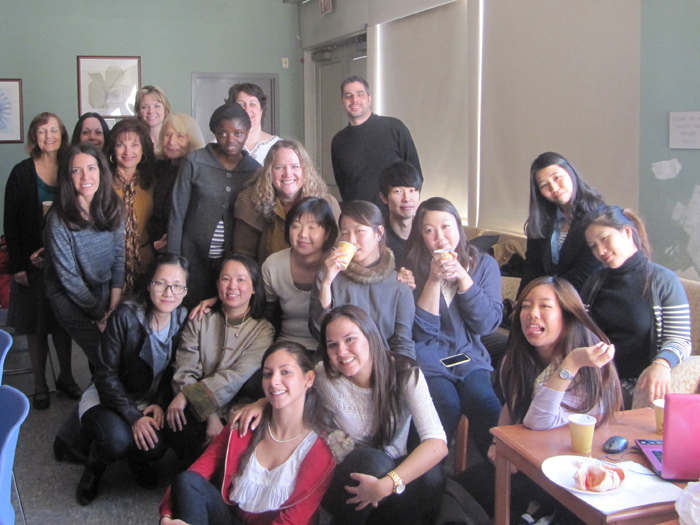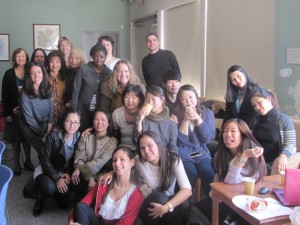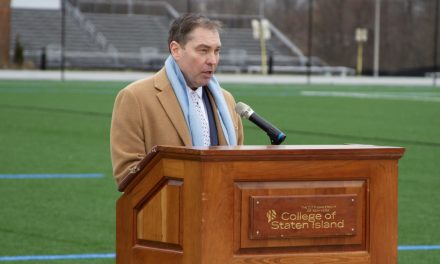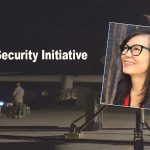The premise of programs such as CSI’s English Language Institute (ELI) is that students from around the world are invited to learn English within an American cultural context. The CSI campus, its faculty, facilities, and even students are all part of the English learning process with the purpose of training the ELI students in not only English usage but also in what it means to live in an U.S. city as vast and diverse as New York.
The not-so-well kept secret of the ELI program is that the American members of the CSI campus learn almost as much as the ELI students do.
Cultural exchange has always been an important part of being a member of the CSI community and that has never been more evident than during the ELI’s end-of-semester Culture Day.
The Culture Day event, held on Friday, November 18 at the Green Dolphin Lounge, is just one of many examples of CSI’s commitment to cultural enrichment through student exchange. During the Culture Day event, students enrolled in the ELI turn the tables on the faculty and staff and spread their cultures by presenting some of the favorite aspects of their home countries.
“I feel much more confident, now,” said Jee Young Lee, who has spent three semesters attending the ELI and is hoping to return to Korea and find a job in broadcasting. Lee spent her time presenting on her home city’s food, festivals, and tourist attractions as the ELI faculty and staff proudly looked on. “This is so rewarding,” said John Dunleavy one of ELI’s instructors. Teaching a multicultural class is “so challenging, but both sides are always learning from each other.”
In fact, the teaching did not stop simply because the students broke for lunch. During the lunch break, many of the students huddled together and continued recounting stories about their ELI experiences to each other, always in English. “The moment I realized I had learned a lot was when I got into an argument with a man on a field trip to the MET,” said Giovanna Cacciola, a Sicilian student who has spent one semester with the ELI. “I understood everything he said and I even had a few comebacks of my own.” Cacciola, who also emceed the Culture Day event, is planning on studying architecture in New York and said she learned best when interacting with other students, a constant occurrence for students enrolled in the ELI.
There was a moment during the presentations when the projector seemed to stop working. As the presenter, Chia-hao Chen, struggled with the equipment he began to engage the audience in witty banter and small talk, no small feat for a native English speaker, but the Taiwanese native seemed to not even break a sweat as he transitioned back into teaching the audience about Chinese New Year once the equipment was running again.
The confidence the students showed while presenting was impressive, especially since many of them had only joined the program a few months before, and by the time the presentations ended the audience had learned about many of Korea’s Southern beaches, the Galapagos Islands, and the palaces of the Joseon Dynasty in Seoul.
“We get real sense of joy seeing our students succeed,” said Diane Viggiano, another ELI instructor. The ELI’s focus on lending support, developing one-on-one communications skills, and including conversational partners was all on display during the event.
As the presentations continued, the students began to feel bolder, fielding questions from members of the audience, and even correcting each other if any grammar mistakes were made. The sense of community was palpable and the ELI students joked and laughed and seemed to be unperturbed by any questions thrown their way. And they did all of this in English.





![CSI Alumnus Named to Board of Directors for Seamen’s Society for Children and Families [Staten Island Advance]](https://csitoday.com/wp-content/uploads/2024/10/Seamans-Board-Members-Web-Story-440x264.jpg)












